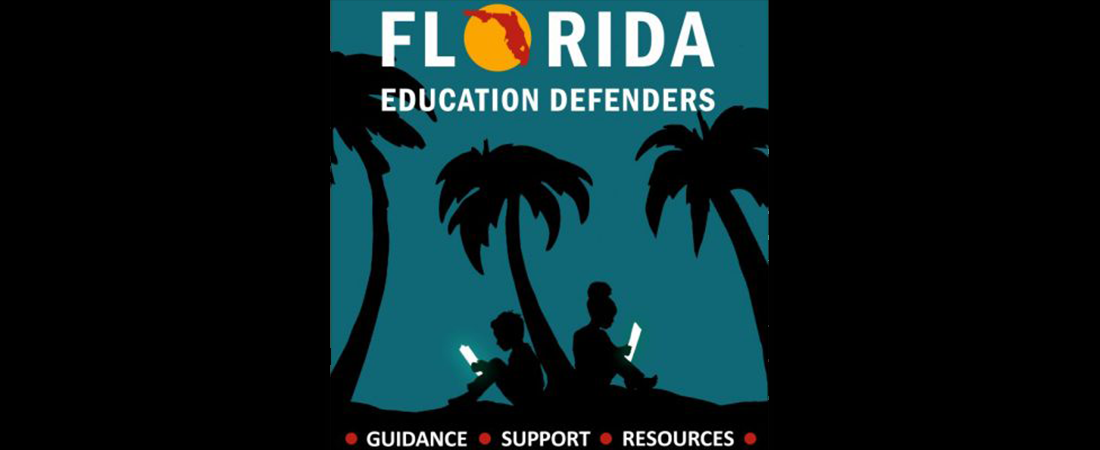A key step to defending the right to read freely in your school is understanding the policies that govern the selection and review of instructional materials.
What To Look For
A Clear Selection Procedure: A good policy should outline a clear process and criteria for textbook selection. Criteria can include subject matter relevance, accuracy, and recommended grade level. These same criteria should form the basis for reviewing challenged books later to avoid decisions based on subjective interests.
An Informal Meeting: A good challenge policy should first invite anyone with concerns about instructional materials to meet with a teacher who can best explain their educational purpose.
A Written Record: Schools should record all requests to reconsider or remove instructional materials should in writing. This not increases transparency but will also help reviewers discuss the objectionable portions of the work and explain why they do or don’t justify removal. See our Instructional Materials Policy Guidelines for sample reconsideration forms.
A Diverse Review Body: A diverse body of reviewers will be less likely to succumb to the weight of bias than a small group of administrators. Trained students and community members can bring rich perspectives but make sure your review committees are comprised primarily of teachers and librarians to ensure that educational considerations are valued above subjective opinion.
Look up your county’s policies below:
- Alachua
- Baker
- Bay
- Bradford
- Brevard
- Broward
- Calhoun
- Charlotte
- Citrus
- Clay
- Collier
- Columbia
- Dade
- DeSoto
- Dixie
- Duval
- Escambia
- Flagler
- Franklin
- FSDB
- Gadsden
- Gilchrist
- Glades
- Gulf
- Hamilton
- Hardee
- Hendry
- Hernando
- Highlands
- Hillsborough
- Holmes
- Indian River
- Jackson
- Jefferson
- Lafayette
- Lake
- Lee
- Leon
- Levy
- Liberty
- Madison
- Manatee
- Marion
- Martin
- Monroe
- Nassau
- Okaloosa
- Okeechobee
- Orange
- Osceola
- Palm Beach
- Pasco
- Pinellas
- Polk
- Putnam
- Santa Rosa
- Sarasota
- Seminole
- St. Johns
- St. Lucie
- Sumter
- Suwanee
- Taylor
- Union
- Volusia
- Wakulla
- Walton
- Washington
Click here for more resources to share with your school community, including our policy guidelines for administrators.


